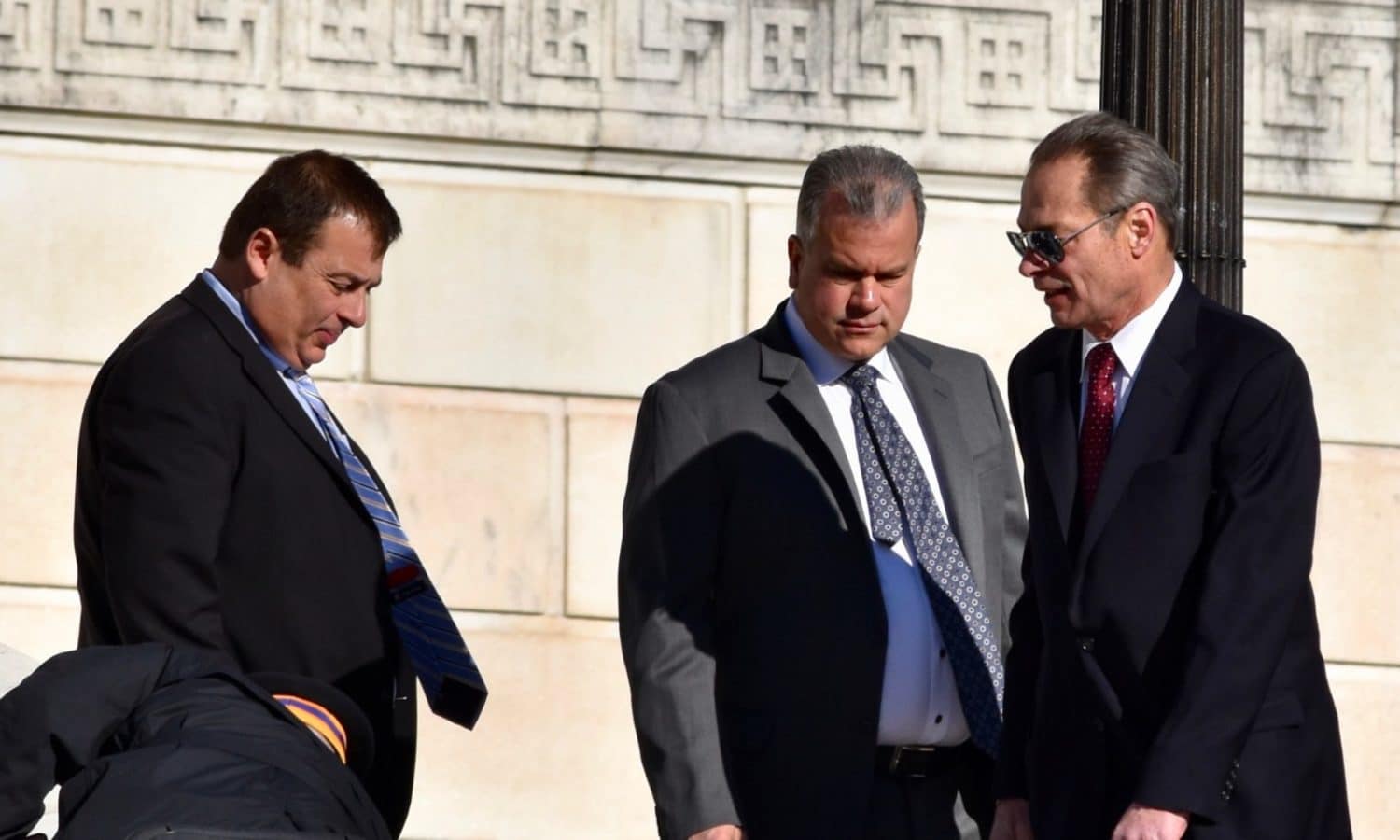The many ways uncontested elections harm democracy in Rhode Island
“Challenging candidates, even those with lots of power and money, can be a time consuming and heartbreaking process, but it also holds incumbent’s feet to the fire, forcing them to spend some of their money on voter engagement, and forcing them to meet with their constituents, not just the powerful lobbyists who buy their favors.” In a Democracy, we get
January 21, 2020, 12:00 pm
By Steve Ahlquist
“Challenging candidates, even those with lots of power and money, can be a time consuming and heartbreaking process, but it also holds incumbent’s feet to the fire, forcing them to spend some of their money on voter engagement, and forcing them to meet with their constituents, not just the powerful lobbyists who buy their favors.”
In a Democracy, we get to vote for the candidate of our choice, but sometimes our “choice” is a single candidate, running unopposed. How can that be good for Democracy? It’s not, and a study from the Center for Public Integrity shows why.
As the recent RI Senate Election Strength Rankings on RI Rank show, 55 percent of all recent state senate general elections and 76 percent of all recent state senate primaries were uncontested. This means that simply declaring yourself a candidate for re-election and filling out the requisite paperwork virtually guarantees you a seat in the Rhode Island Senate.
I expect to see similar results when RI Rank releases their RI House Election Strength Rankings on Friday.
The lack of choice in elections has add-on effects that increase non-competitiveness because candidates who don’t have opponents don’t have to invest their campaign cash to get your vote. This means certain elected officials, like House Majority Leader Joseph Shekarchi (Democrat, District 23, Warwick) can have an astounding $906,000 in campaign cash on hand, defend a House District no different than any other in the state.
That much money would put Shekarchi in the number five position, in the entire country, of state legislative leaders running unopposed but still bringing in campaign cash, on a list compiled by the Center for Public Integrity (Center).
What does this enormous amount of money buy?
Legislators that run unopposed “represent an attractive prospect for statehouse lobbyists and power-seekers: the sure bet,” writes Sanya Mansoor, Liz Essley Whyte and Joe Yeradi, at the Center. “Contributions to these influential politicians can buy face time and favor with those who set state legislative agendas, experts say. The money also compounds their power: Legislative leaders use their pots of gold to buy presents to thank supporters, for example, or give to fellow lawmakers’ campaigns to reward them for voting with their party.”
Running unopposed means that politicians like Shekarchi are not only guaranteed to win their election, they can donate cash volunteers and infrastructure to help their friends and political allies win their seats in contested races. This allows House leadership to consolidate their power by either granting or denying needed help. Money can also buy lavish dinners, trips and entertainment for candidates and allies, or be used for charitable causes. These activities can be politically powerful expenditures.
Worse, legislative leadership may support your opponent, as House Speaker Nicholas Mattiello (Democrat, District 15, Cranston) did when he went after progressive legislator Maria Cimini (Democrat, District 7, Providence) shortly after assuming power in 2015, by supporting her opponent Daniel McKiernan.
Large campaign war chests also intimidate people who might want to challenge incumbents. The last time Shekarchi was challenged in the general was 2012, and he hasn’t faced a primary challenger in a much longer time. Quite frankly, challenging a candidate with nearly $1M in campaign cash seems like a recipe for failure. However, a challenge would force Shekarchi to engage with voters, not just his donors, and force him to spend some of his money justifying his votes in the General Assembly and his support for Speaker Mattiello and the way the House of Representatives is currently run.
Challenging candidates, even those with lots of power and money, can be a time consuming and heartbreaking process, but it also holds incumbent’s feet to the fire, forcing them to spend some of their money on voter engagement, and forcing them to meet with their constituents, not just the powerful lobbyists who buy their favors.






